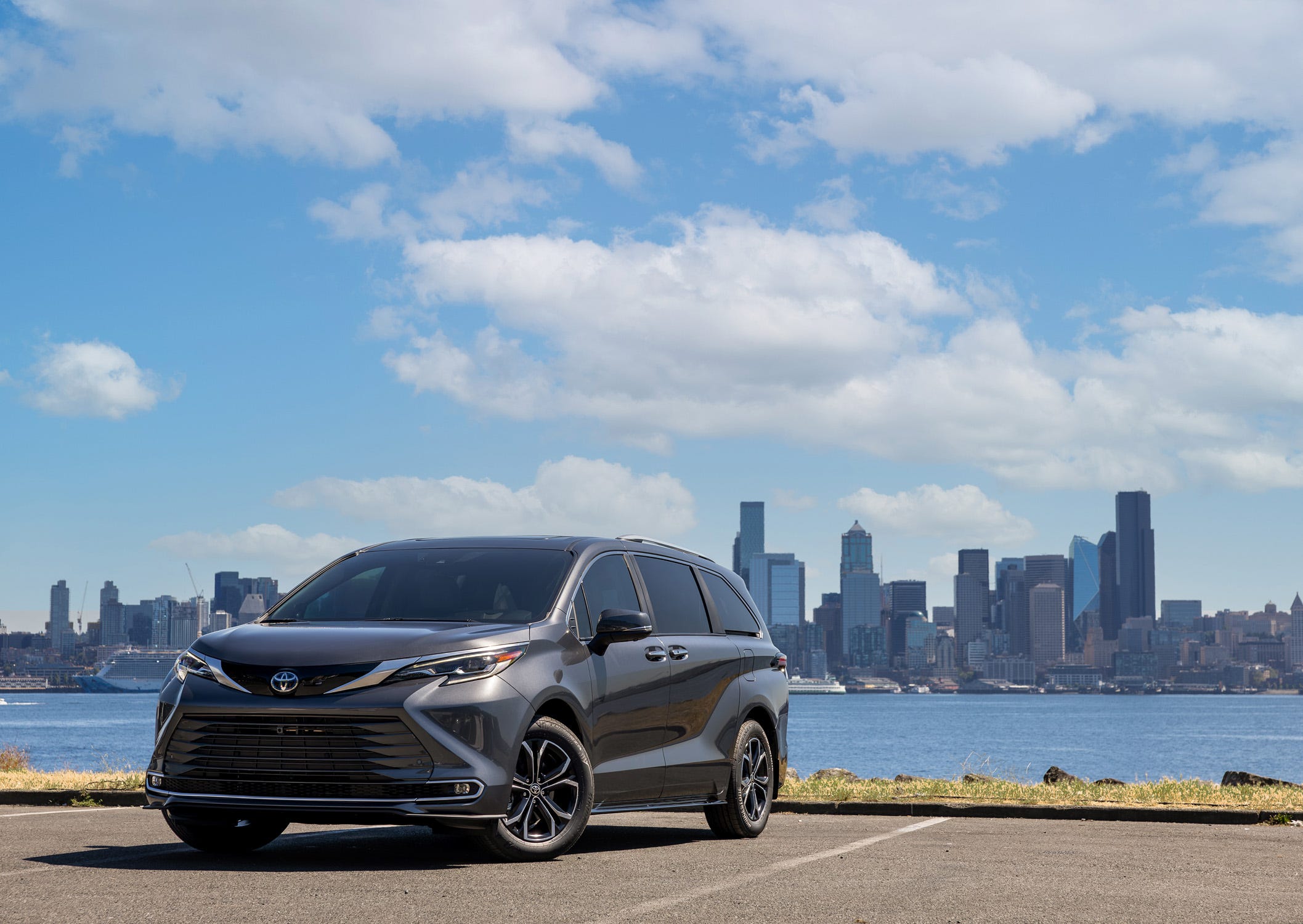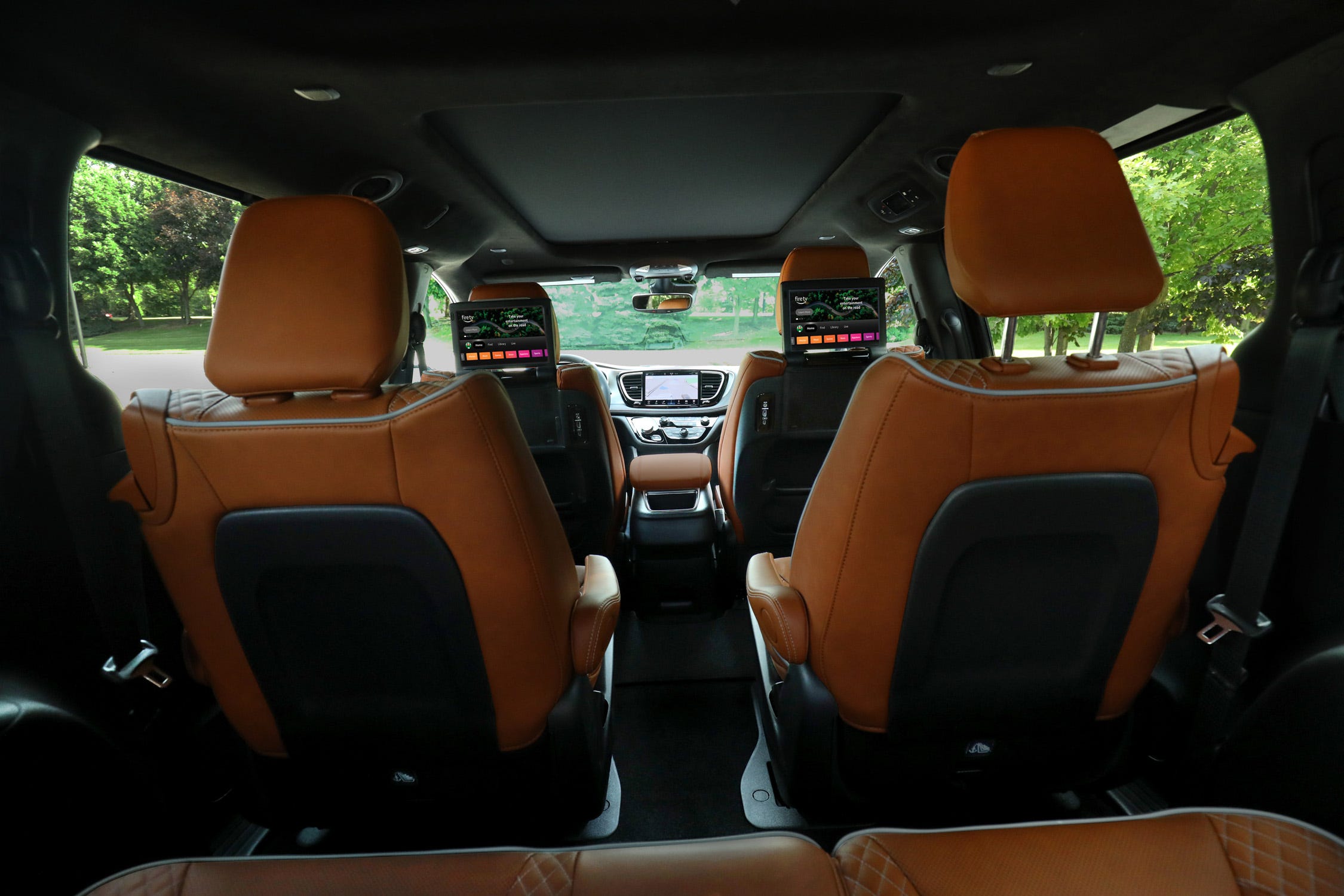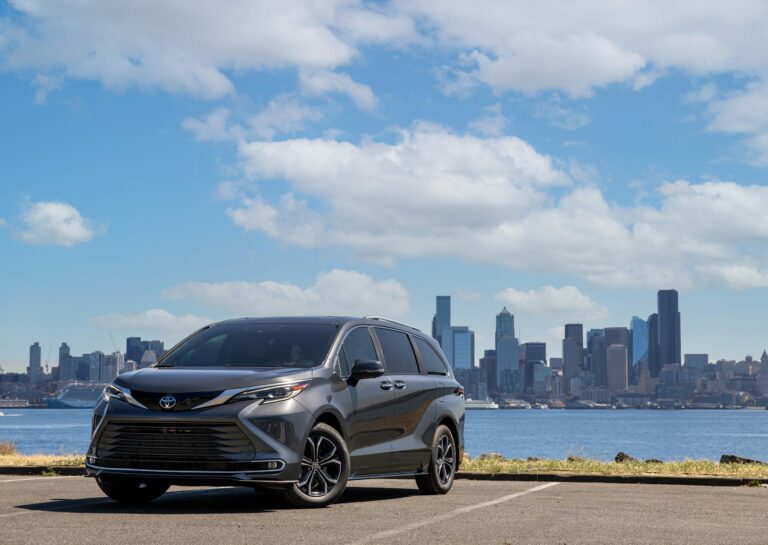Hybrid Minivans: A Practical Choice for Families
Minivans have long been the practical choice for family transportation, often being compared to sweatpants – unfashionable but very practical. With the addition of hybrid powertrains, they become even more appealing due to their fuel efficiency. While they may not be as exciting as sports cars like the Porsche 911, their practicality shines when it comes to transporting bulky items like a papier-mâché volcano science project.
Despite the popularity of three-row SUVs, manufacturers like Toyota, Chrysler, and Kia continue to produce minivans. Honda’s Odyssey is available, though not as a hybrid, and the Volkswagen ID.Buzz is not considered here due to its electric nature and higher price point.
Powertrains
The Toyota Sienna has been fully hybrid since 2021, featuring a 2.5-liter four-cylinder engine paired with electric motors and a 1.5-kWh nickel-metal-hydride battery pack, producing 245 horsepower. It’s quick for its size, reaching 60 mph in 7.5 seconds.

The Chrysler Pacifica PHEV offers a 3.6-liter V-6 with two electric motors, totaling 260 horsepower. It has a larger 16.0 kWh lithium-ion battery, allowing for 32 miles of pure-EV operation. It was only a few tenths slower than the Sienna in reaching 60 mph.

The Kia Carnival Hybrid pairs a 1.6-liter turbo-four-cylinder with a single electric motor and a 1.2-kWh lithium-ion battery pack, producing 242 horsepower. It features a six-speed automatic transmission and front-wheel drive.

Fuel Economy
The Toyota Sienna leads in fuel economy with EPA ratings of 36/36/35 mpg city/highway/combined. The Chrysler Pacifica PHEV has a combined rating of 30 mpg, while the Kia Carnival Hybrid scores 34/31/33 mpg.
Interior and Cargo Space
Minivans excel in interior roominess. The Chrysler Pacifica hybrid lacks the Stow ‘n Go feature due to its large battery pack, but its third row still folds flat. The Toyota Sienna is noted for its democratic passenger volume distribution.

The Kia Carnival has the most cargo space behind the third row at 40 cubic feet, while the Pacifica offers 88 cubic feet with the third row folded. The Carnival maxes out at 145 cubic feet with all seats removed or folded.
Towing Capacity
The Toyota Sienna can tow up to 3500 pounds, making it the best choice for towing. The Kia Carnival Hybrid is limited to 2500 pounds with trailer brakes, and Chrysler advises against towing with the Pacifica PHEV.
Pricing
The Toyota Sienna starts at $40,635, with the Kia Carnival LXS beginning at $42,235. The Chrysler Pacifica PHEV starts at $52,750, making it the most expensive option.
In conclusion, each of these hybrid minivans offers unique strengths. The Toyota Sienna excels in fuel economy and towing capacity, while the Kia Carnival provides ample cargo space. The Chrysler Pacifica PHEV offers the benefit of plug-in hybrid capability, ideal for short-range commutes without using gasoline.



